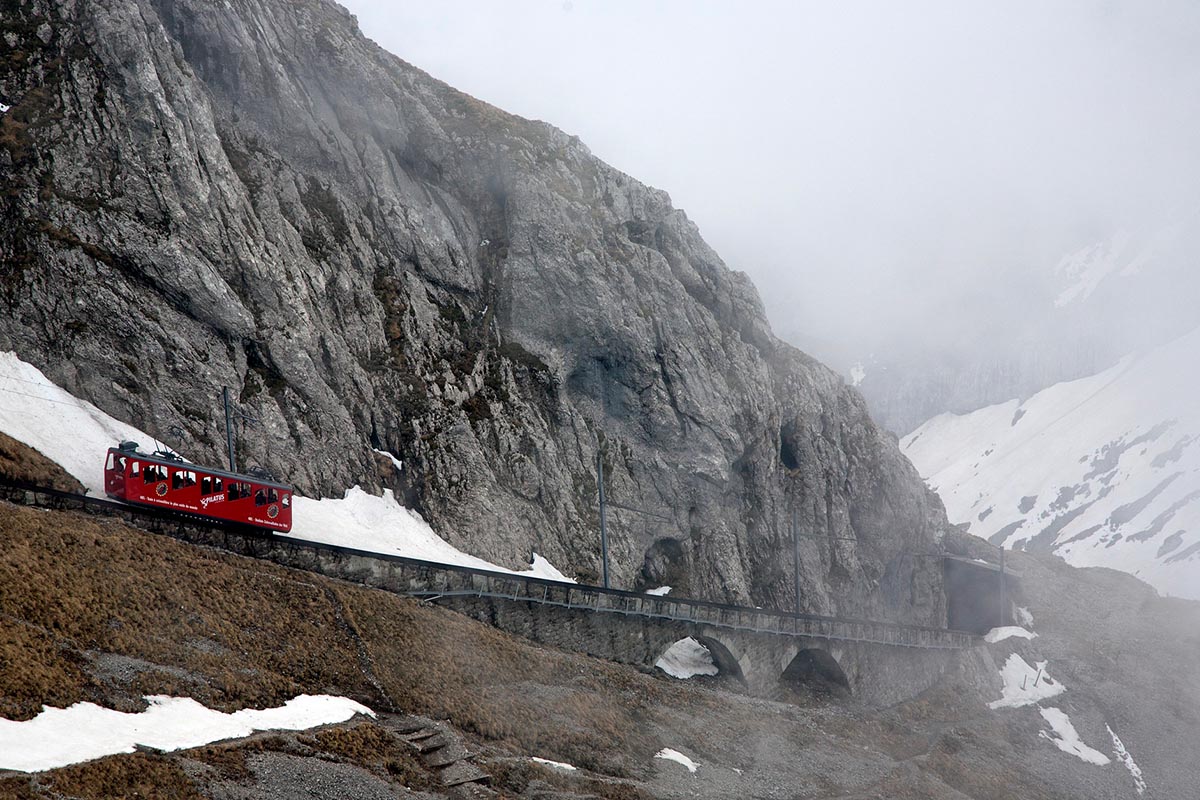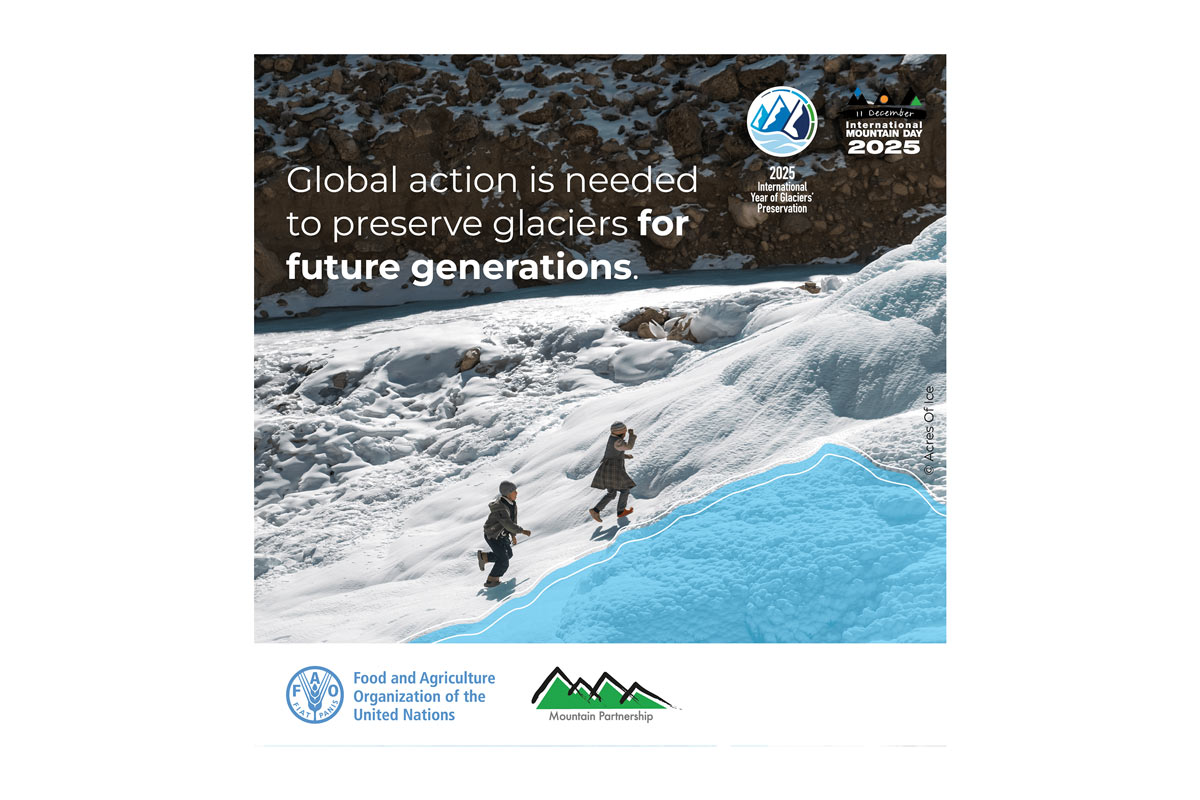#1 ‘climb keeping in mind the need to protect the mountain environment’
Concern for the mountain environment has been at the forefront of the UIAA’s activities ever since its foundation in 1932. Topics such as ‘measures against the construction of cable cars’ and ‘national parks in adjacent mountain ranges’ featured as lively debates at early UIAA General Assemblies. Today issues like the devastating impact of climate change and the promotion of responsible mountain tourism are fixed features of the annual meeting.
During its first decade of existence, the UIAA proposed the foundation of a dedicated Commission for the environment. The outbreak of the Second World War delayed this becoming a reality but did not dilute the federation’s quest to be an active player in mountain protection.
Throughout the 1950s and 60s, the UIAA continued to lead opposition projects, notably those concerning the construction of cable cars and railroads in high mountain regions.
The UIAA Mountain Protection Commission was eventually founded in 1969 and has since played an influential role in promoting mountain environment projects and sustainability. It has staunchly supported the UIAA’s international member associations in fighting against destructive projects in their countries and raised awareness on environmental issues, principally through its publishing of ground-breaking papers and declarations. Two of the more significant were the Kathmandu Declaration in 1982 and the UIAA Environmental Objectives and Guidelines adopted in 1997.
The UIAA’s activities encompass a number of areas in the sphere of sustainability: supporting associations and organizations in their initiatives and innovations; through dedicated education and training programmes; promoting sustainable practices and tourism and lobbying at key international events.
Among its core projects are:
1. The UIAA Mountain Protection Award, created in 2013, promotes responsible mountain tourism and supports key stakeholders active in mountain protection. The Award serves as a crowdsourcing platform, whereby showcased initiatives can solicit funds and be promoted through the UIAA federations’ network. International recognition is provided through its annual Award for the best initiative. The winners of the Award have been diverse and truly global: KTK-BELT (2015), an environmental and education ‘green belt’ project in Nepal; Pamir Horse Adventure (2014), a conservation and tourism development initiative in the Pamir Mountains; and the Menz-Guassa Community Conservation Area (2013) scheme in the northern highlands of Ethiopia. Nominees encompass a wide range of environmental projects, covering responsible tourism, preservation of access routes, waste management, wildlife sanctuary schemes and more.
2. Extending its activities in mountain protection and awareness, the UIAA incorporated the long running and successful Respect the Mountains project into its sphere of sustainability activities during the autumn of 2015. The projects goals are aimed at:
– Raising awareness for sustainable environmental practices and spread the word within the outdoor community;
- Preserving mountain ecosystems and cultures in their natural state for future generations;
- Promoting sustainable mountain tourism and activities; and
– Educating the next generation of mountain explorers and encourage them to be sustainable followers.
The UIAA Respect the Mountains project encompasses a global series of events aimed dually at education and preservation. The 2016 series will begin in June.
3. The UIAA’s presence at major international events like the recent COP21 (United Nations Framework Convention on Climate Change), where through the support of member federations and partners, it ran a dedicated booth during the conference highlighting the threat posted by climate change to the mountain regions and its communities, together with the wider global threat.
Speaking in 2002, then UIAA President Ian McNaught-Davis wrote: “If mountaineers adopt the highest standards of environmental care they will protect the mountain environment, bring benefit to mountain people and help to secure the freedom to practice mountaineering in the years to come.” It served as a call-to-action to mountaineers themselves to collectively work to raise awareness about the fragile nature of the mountain ecosystems, as well as to encourage responsible and sustainable behaviour and practices.
The UIAA and the Mountain Protection Commission will continue to actively adhere to its original mission: “With our work we want to contribute to maintain mountains wild and free for the enjoyment of mountaineers and for all humankind, as well as for nature itself.”



